Heading off to college can be a real challenge, especially if you have a learning disability.
But hey, the good news is that many colleges these days are stepping up with special programs designed to help students thrive.
These programs offer extra support and handy tools to make learning less of a struggle.
There are some fantastic learning disability specialist programs at top colleges across the US. With trained staff, tutoring services, assistive technology, and plenty of resources, the right program can help you not just survive but really thrive in your academic journey.
1) Dyslexia Resource Program
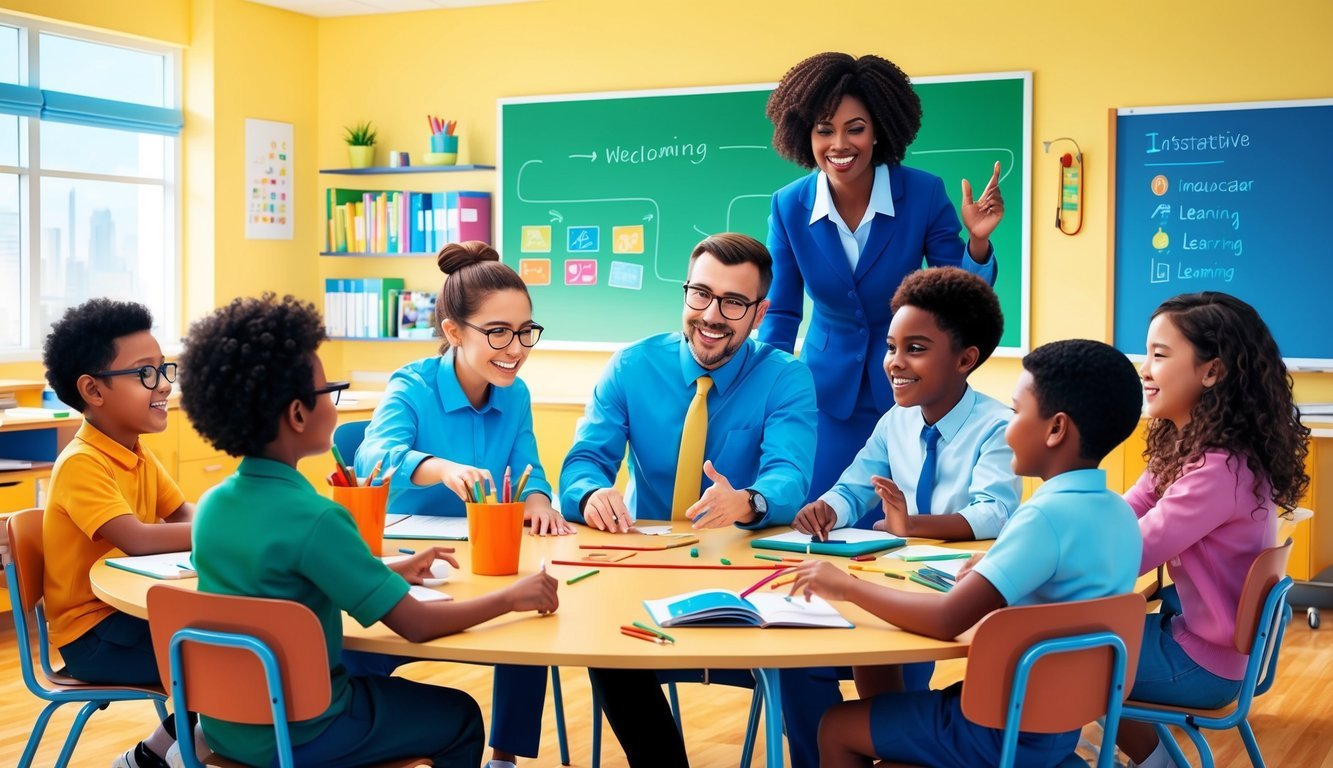
If you’re passionate about helping students with dyslexia, you might want to check out the Dyslexia Specialist Certificate from Fairleigh Dickinson University.
It’s a great option for teachers looking to enhance their skills using the Orton Gillingham approach.
You’ll dig deep into teaching reading, spelling, and handwriting to students who face challenges with dyslexia.
Here’s a bonus: It’s geared toward both general education and special ed teachers.
You’ll get a healthy mix of theory and real-world practice, making sure you really get the techniques down.
Want to amp up your reading instruction game? The Master’s in Reading Instruction and Dyslexia Intervention from the University of Wisconsin-Whitewater has got you covered.
Packed with the latest in reading and literacy research, you can take your time—start in spring, summer, or fall—and if you’re really ready to dive in, you could finish in just three semesters if you go full-time!
Programs like these are your key to making a real impact in your students’ lives.
Ready to evolve into a dyslexia expert?
2) Lindamood-Bell Learning Processes
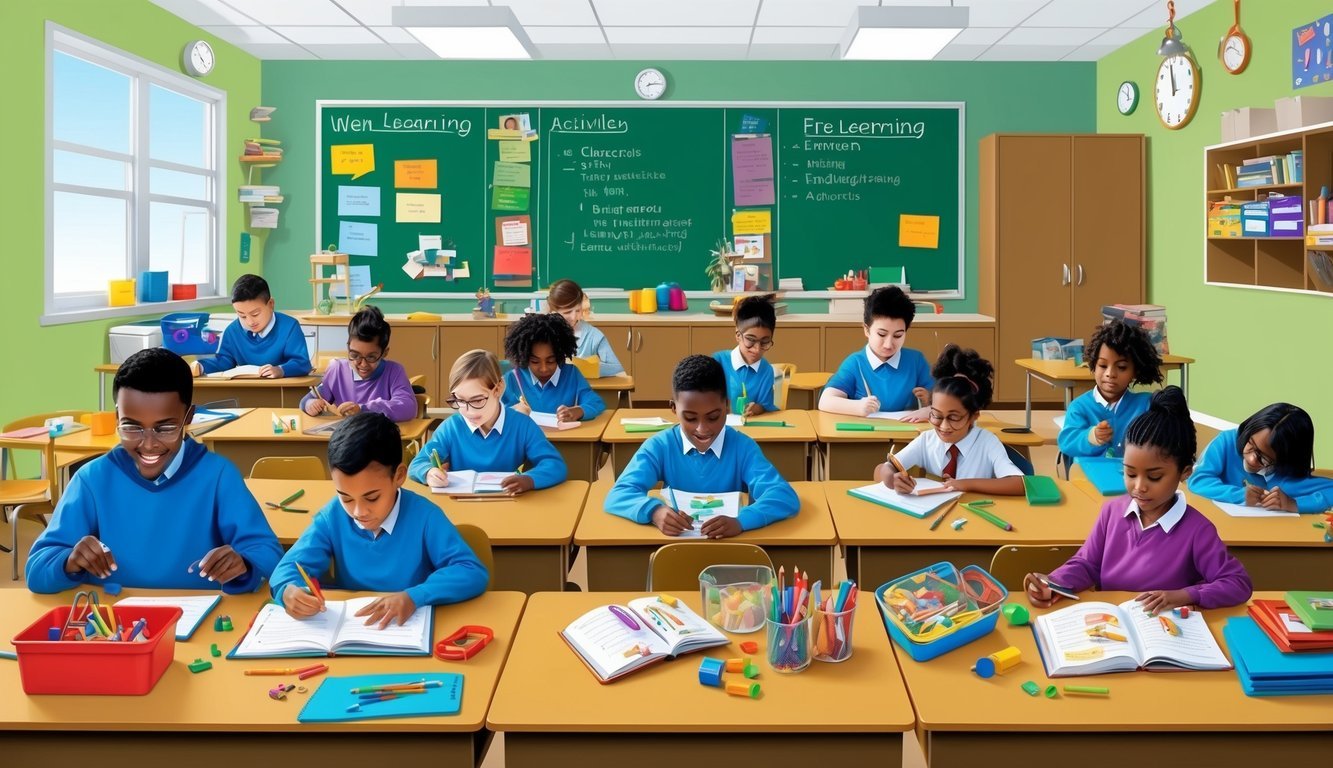
You’ve probably heard of Lindamood-Bell, right? They offer a unique set of programs aimed at helping kids who struggle with reading and learning.
With over 35 years of experience, they take a distinctive approach by focusing on the brain processes that are crucial for reading and comprehension.
If you’re interested, their Seeing Stars program teaches kids to “see” letters in their minds, which can help with word recognition and spelling.
Another fave is the Visualizing and Verbalizing program, which helps students who struggle to grasp what they read by teaching them to create mental images of texts.
Pretty neat, huh?
Lindamood-Bell does a fantastic job of incorporating all the senses into their teaching.
This multisensory approach really helps in connecting sounds, letters, and words in a way that just clicks.
You’ll find Lindamood-Bell learning centers across the country, and they even offer online options for those who prefer a virtual setup!
3) Orton-Gillingham Approach
The Orton-Gillingham approach is a staple in assisting kids with learning disabilities.
It’s been around for quite some time, and many reading programs have borrowed its principles.
This method breaks down reading and spelling skills into bite-sized, easier-to-learn steps, which is a game-changer for kids struggling with dyslexia.
At its core, the Orton-Gillingham approach emphasizes clear connections between letters and sounds.
Using sight, sound, and touch, it helps students absorb information more effectively.
A well-loved program in this space is the Barton Reading and Spelling System.
It’s a hit with parents because it truly delivers results, even though it’s on the pricier side.
For teachers eager to learn how to apply these methods in the classroom, the Dyslexia Specialist Certificate Program could be just what you need.
Remember, Orton-Gillingham isn’t a one-size-fits-all solution—it’s an adaptable approach that offers various programs to suit different needs.
4) Barton Reading & Spelling System
The Barton Reading & Spelling System is an awesome choice for anyone looking to support someone with dyslexia or reading difficulties.
This one-on-one tutoring program is designed to significantly enhance reading, spelling, and writing skills.
Using that Orton-Gillingham approach we just talked about, the Barton system incorporates multiple senses into learning.
You’ll look, listen, and touch your way through concepts, which makes everything stick better.
Barton is structured into 10 different levels, each building on the last, so you keep advancing as you go.
And hey—it’s not just for kids! Teens and adults can absolutely benefit from it too.
What’s neat about Barton is that it’s set up for tutors, meaning you don’t need a fancy degree to help out.
The instructions are clear and easy to follow, so you can even use it at home if you want.
Stay consistent, keep practicing, and you’ll start to see some real progress over time!
5) Wilson Reading System
The Wilson Reading System is another popular program designed for students battling reading difficulties.
Suitable for kids and adults alike, it’s widely used for grades 2 through 12 and also supports adults keen on improving their reading skills.
With its step-by-step methodology, Wilson helps build reading and spelling skills from the ground up.
You start with the basics and slowly gain confidence as you progress.
Teachers can get certified in Wilson Reading System Level I, which equips them with the tools to support students reading below grade level.
What’s cool is that Wilson’s approach is backed by research—it’s based on solid findings, not random theories.
If you’re a teacher keen on helping dyslexic students, consider the Dyslexia Specialist Certificate at Drexel University, which includes training in the Wilson Reading System.
6) Fast ForWord Program
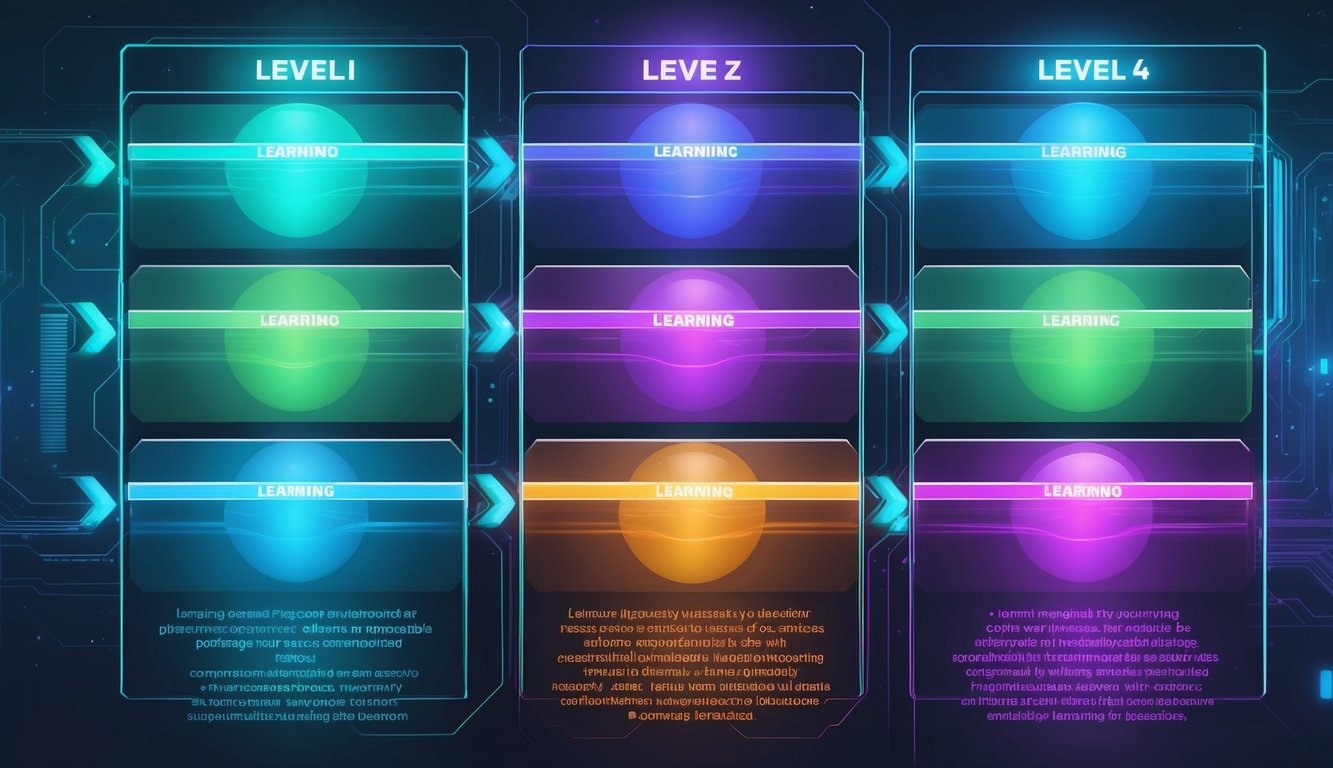
If you’re looking for something innovative, check out the Fast ForWord program.
It’s designed to help kids with reading and learning issues and goes beyond just reading—it’s aimed at boosting overall learning skills.
This program harnesses cutting-edge technology to teach language and reading.
Think of it as a personalized tutor that adapts to your learning style, which is pretty amazing.
Starting as young as 5 years old, Fast ForWord caters to elementary school kids but is effective for high schoolers too.
If you have dyslexia, this could make a real difference for you.
It doesn’t just teach reading; it actively works to change how your brain processes information to make reading a breeze.
This program strengthens memory, attention, and sound processing, all vital skills for kids with auditory processing challenges or language delays.
And guess what? Fast ForWord isn’t a newcomer; it’s been around for over 25 years and continues to rely on the science of learning and reading.
Understanding Learning Disabilities
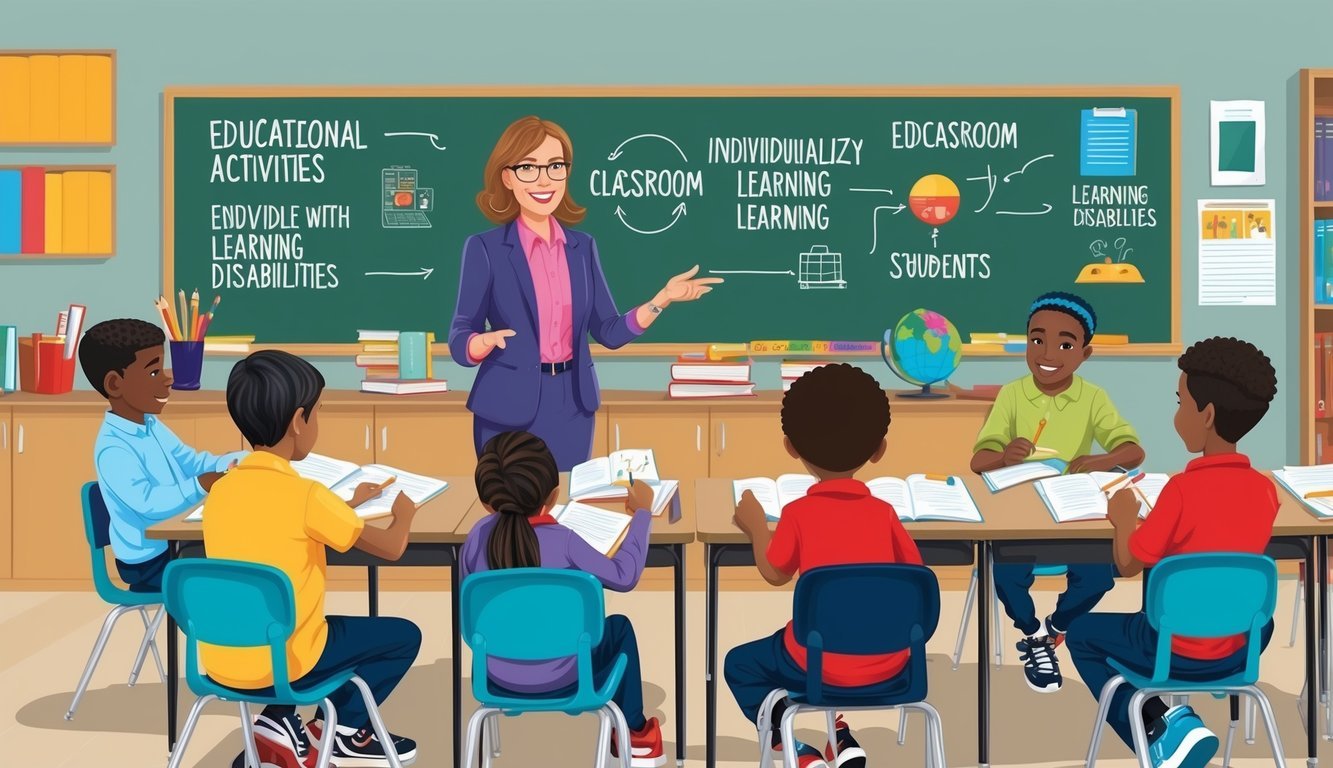
Learning disabilities can zap the joy out of processing information and learning.
These disabilities aren’t connected to intelligence; they can just make certain tasks feel like you’re wading through mud.
Let’s take a closer look at what learning disabilities are all about.
Defining Learning Disabilities
Learning disabilities stem from brain-based issues impacting how you absorb, store, and utilize information.
They may make reading, writing, math, or following instructions more challenging, but they don’t mean you’re not smart or trying your best.
Beacon College is a shining example; it’s a college that specializes in supporting students with learning disabilities.
They boast a 70% graduation rate, showing that with the right help, you can absolutely succeed despite these challenges.
These disabilities stick with you for life, but that doesn’t mean you can’t learn strategies to work around them and smash those goals!
Common Types of Learning Disabilities
When it comes to learning disabilities, some are more commonly recognized.
Here’s a quick rundown of a few you may encounter:
- Dyslexia: This one makes reading and spelling go sideways.
- Dysgraphia: Nice handwriting? This condition can make writing a bit of a battle.
- Dyscalculia: Struggling with numbers? That’s what this one targets.
These three are just the tip of the iceberg when it comes to learning disabilities. Psychologists often study these to better support individuals facing them.
Other types to be aware of include:
- ADHD: This can make focusing and staying still a real challenge.
- Auditory Processing Disorder: You may have difficulty understanding spoken words.
- Visual Processing Disorder: This can throw a wrench in making sense of what you see.
Remember, having a learning disability doesn’t mean you can’t learn—it just means you might learn differently.
With the right support, you can absolutely succeed in school and beyond.
Finding the Right Specialist
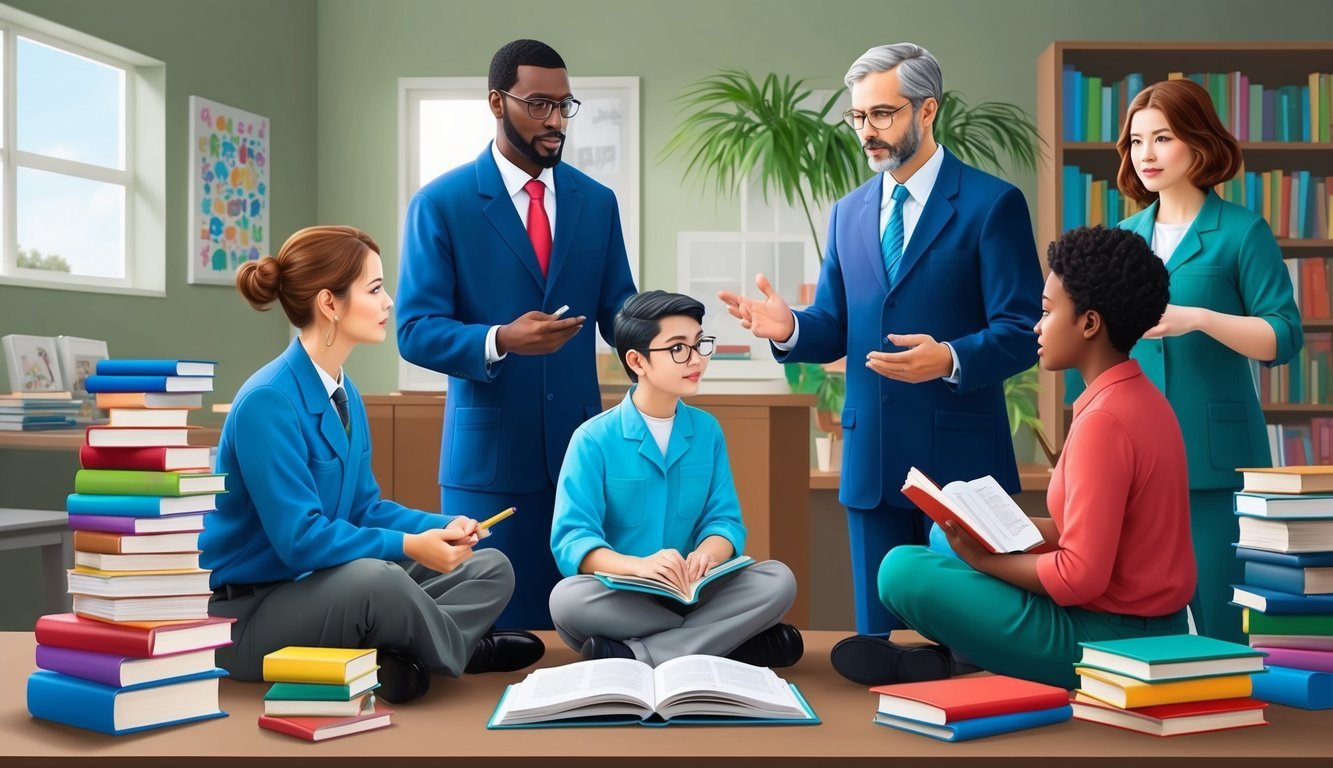
Choosing the right learning disabilities specialist is truly important.
You’ll want to keep a few things in mind when searching out the best fit for your needs.
Qualifications to Look For
Start by checking out their educational background.
Ideally, you’re looking for someone who holds a master’s degree in learning disabilities and has specialized training in teaching students who learn differently.
Don’t hesitate to ask about their certifications.
A solid specialist should have credentials from reputable organizations.
Inquire about their experience as well: How long have they been working with kids with learning challenges?
Make sure they’re staying updated with new teaching methods too.
The best specialists are always learning and trying fresh approaches.
They should be able to explain how they’ll help your child in a way that clicks.
Evaluating Program Effectiveness
To gauge if a program is hitting the mark, check its track record.
Ask for success stories from other families.
What improvements have families seen in their kids after working with the specialist?
Look for programs that utilize proven teaching methods.
The best programs typically combine various strategies to optimize learning.
Frequent progress assessments can be a sign of a solid program.
This kind of evaluation ensures that the methods are working, and it gives insight on what adjustments might be necessary.
It’s also smart to see if the program coordinates with your child’s school.
A team approach can vastly enhance your child’s learning experience.
Look for programs that impart skills beneficial both in school and in everyday life.
Frequently Asked Questions
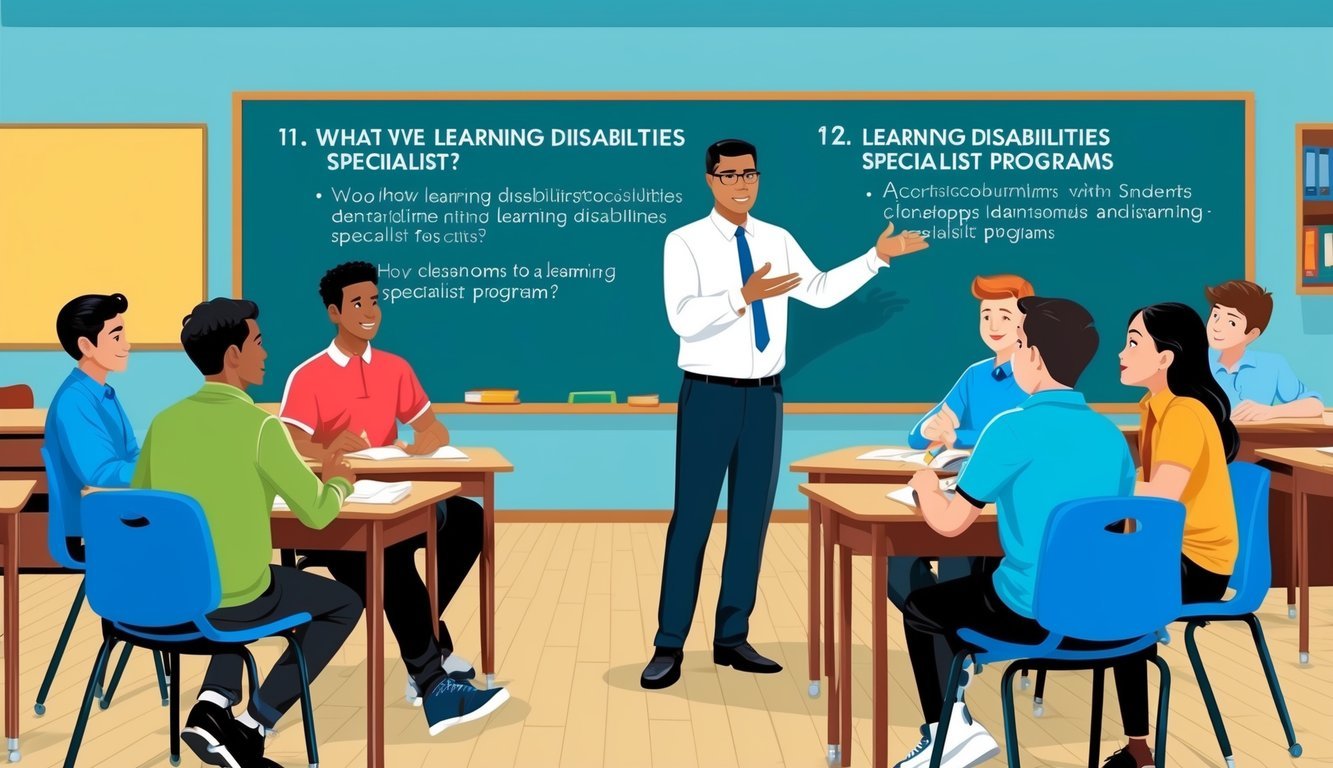
Finding the right learning disabilities specialist program or college can feel like a maze.
Let’s clear up some common questions to help you navigate your options.
What are some highly recommended colleges for students with learning disabilities?
Beacon College in Florida stands out as a top pick.
They focus on students with learning disabilities and have an impressive graduation rate.
Other solid options include Landmark College in Vermont and Mitchell College in Connecticut, both of which provide specialized support services.
What are the top learning disabilities specialist programs for adults?
The Lindamood-Bell Learning Processes program comes highly recommended for adults, especially those looking to improve reading and comprehension skills.
Another fantastic option is the Wilson Reading System, designed specifically for older students and adults facing reading challenges.
Can you list the best learning disabilities specialist programs in California?
California is home to several great programs, including the Dyslexia Resource Program at UC Davis, which is well-known for its effectiveness.
Also, the Learning Disabilities Program at Children’s Hospital Los Angeles is worth checking out, as they provide comprehensive evaluations and support.
How do I find the best colleges for learning disabilities near me?
Start by browsing local college websites, looking for their special education departments or disability support services.
You might also want to ask your current teachers or counselors for recommendations—they often know about excellent programs in your area.
Which universities offer the strongest support for students with learning disabilities?
Many universities have made strides in supporting students with learning disabilities.
Look for schools with dedicated learning centers or disability resource offices.
Notably, the University of Arizona and the University of Connecticut stand out for their comprehensive programs.
What support services do the best schools for learning disabilities provide?
Top-tier schools often offer personalized tutoring and mentoring.
They may also have special classes or workshops designed to enhance study skills.
Many provide access to assistive technology like text-to-speech software, and some even offer accommodations like extended test times or note-taking assistance.

